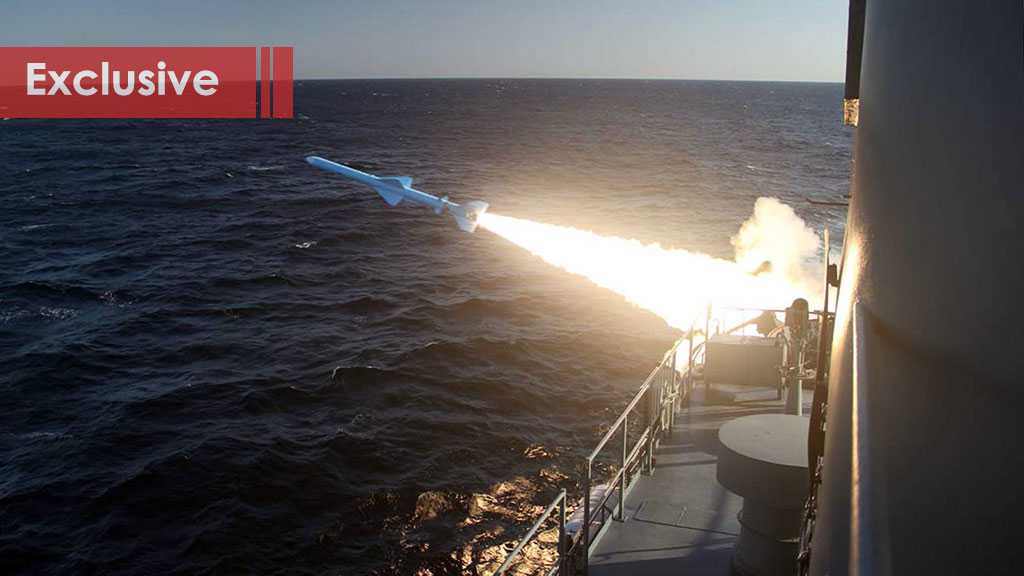
As tensions in the Gulf heightened in recent months, the United States pressured its European allies to participate in its initiative regarding the Gulf.
Almost a third of all oil exports pass through the strait, which is located between Iran and Oman.
Washington proposed the mission earlier this month, alleging it was trying to get a coalition together to offer military escorts to commercial ships in the Gulf.
Speaking on the issue, Strategic Expert Dr. Adel Khalife shed light on the rationale behind the European nonparticipation in the international maritime mission set up by the US to provide – as it claims – maritime security.
As to why the most European countries refused to participate in the US-led flotilla in the Gulf, Dr. Khalife said that, “When the United States proposed the formation of a military coalition force to protect navigation of cargo ships in and around the strait of Hormuz, it had in mind the participation of as states involved in this crisis.”
He went on to say that, “In the meantime, Europeans countries were cautious regarding their participation in the coalition, especially France and Germany. Unlike the United Kingdom which regular follows the US and ‘Israel’ which is much interested in striking Iran”.
Meanwhile, Dr. Khalife explains that by forming this maritime coalition, “the US is trying to weaken Iran and reduce its influence”, saying that it was complying with the desires of the international community”.
Dr. Khalife explained that the US “urged the NATO and its European allies to pressure Iran and have Arabs pay, but all its attempts were fruitless.”
As to why only the UK and the “Israeli” entity participated in the maritime coalition, Dr. Khalife said, “the US was unable to persuade other countries. The Europeans prefer to maintain the 2015 nuclear deal with Iran”.
Despite US sanctions and threats on Iran, as well as the downing of an American drone by Tehran and the seizing of a British ship, Dr. Khalife shed light on the “US’ inability to reduce Iran’s influence or supervision over the strait of Hormuz; especially when it turned out that nobody wants to engage in a war, in the light of Iran’s military and political power in comparison to the helplessness of Arab states – who only provide the funds for such a coalition”.
Regarding the skirmish over oil tankers, “the Iranian response was strict and firm. Iran proved it was not afraid of escalating the situation in the region,” Dr. Khalife said, suggesting that “the most obvious solution is to return to negotiations without any conditions, as Iran wants”.
Given the facts aforementioned, it is decisive to say that Iran has gained momentum. “Iran has face the US in its utmost power, diminishing American influence in the world, specifically in the Gulf region,” Dr. Khalife said.
To this extent, “some Arab countries tried reaching out to Iran”, Dr. Khalife said, adding that “the US tried to suppress Iran, but the latter continued exporting oil outside its boundaries – asserting Iran’s regional power.”
River to Sea
 Uprooted Palestinian
Uprooted Palestinian
The views expressed in this article are the sole responsibility of the author and do not necessarily reflect those of the Blog!
No comments:
Post a Comment